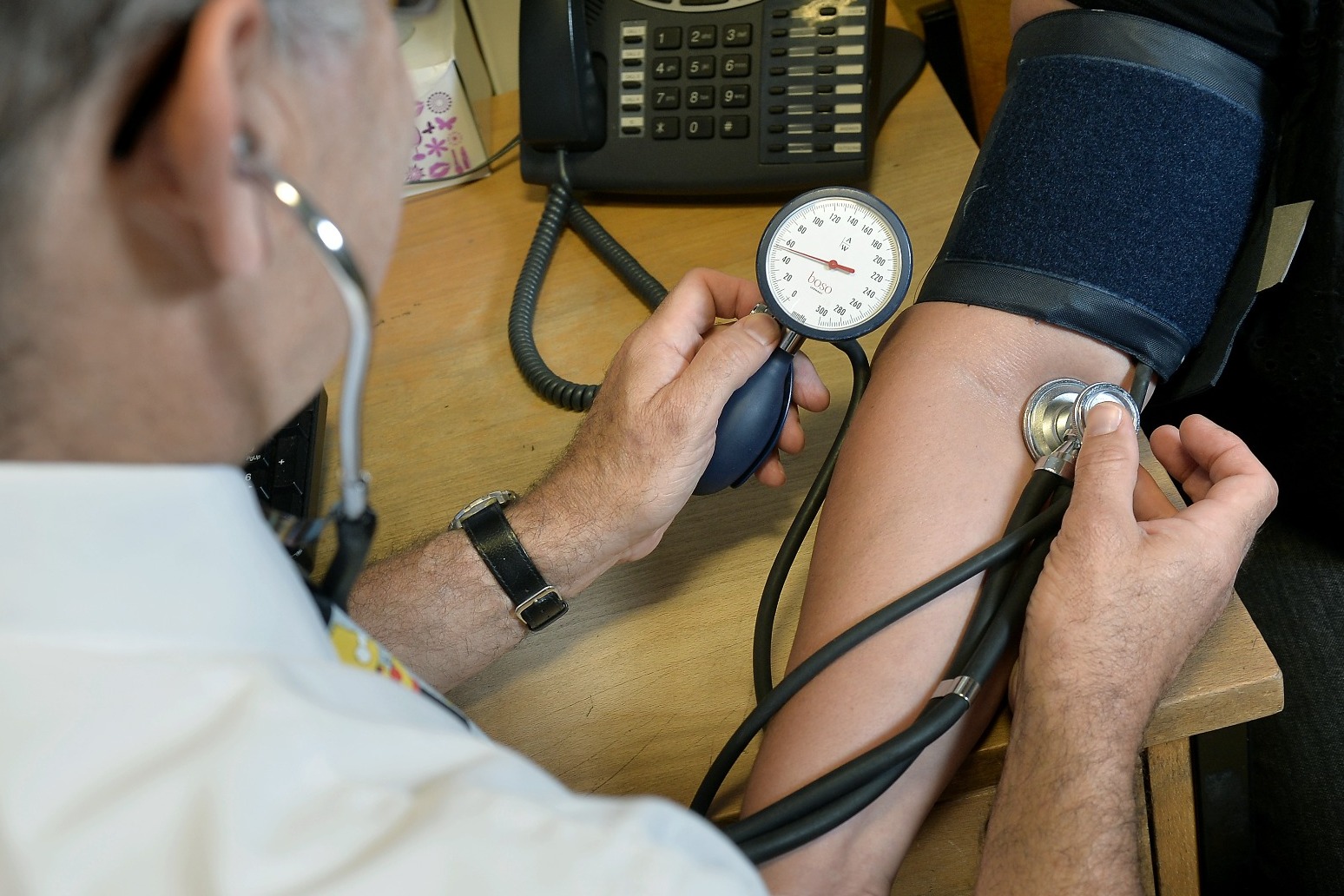
GPs must be given more support to deliver continuity of care – report
GPs must be given more support to delivery continuity of care for patients, the safety investigator has recommended.
The Health Service Safety Investigations Body (HSSIB) looked into whether patients could see the same GP and whether records reflected they had come back repeatedly with the same problem.
It comes after a man who had recovered from breast cancer visited his GP surgery repeatedly with back pain and also went to A&E where his family said he was accused of wasting time.
He was eventually diagnosed with secondary breast cancer that had spread to his back, with a tumour pressing on his spinal cord.
The patient, Brian, 67, saw at least two out-of-hours GPs, six practice GPs, a nurse, a physiotherapist at the GP practice, and had visits to A&E over a period of eight months.
He later died from his cancer.
An investigation found a series of issues, including that GP workloads impacted patient care, no national system for continuity of care, and that patient records often displayed notes chronologically, meaning a pattern of repeated visits for the same thing may be missed when mixed in with appointments for other conditions.
The HSSIB described continuity of care as a relationship with a specific doctor but also how information was managed in a practice so any doctor could care for the patient.
The HSSIB concluded: “HSSIB recommends that the Department of Health and Social Care ensures that the GP contract explicitly includes and supports the need for GP practices to deliver continuity of care.
“This is to improve patient safety by building clinician/patient relationships as well as providing continuity of information.”
In its report, the HSSIB said there was no specific requirement on GPs to ensure practices provided continuity of care for their patients.
They could do so voluntarily but there was no standard framework to help to deliver this, resulting in variation across England.
“Some practices have effectively implemented systems, but many have not, and HSSIB’s investigation has set out what the impact of having no formal system has on patient safety, on GP welfare and on the operational efficiency of the practice,” it said.
Investigators reported that all GPs they spoke to were aware of the benefits of continuity of care, but some did not believe it was possible to deliver that system of care in their practice.
Barriers included the complex social conditions of the geographical area, and the availability of staff.
The investigation also found there was no requirement for GP IT systems to consider continuity of care or to “surface” information to GPs so they could see people coming back with the same issue. It made recommendations to NHS England on this issue.
Neil Alexander, senior safety investigator, said: “What struck our team during the investigation was the clear differences in patient experience and GP welfare between those practices that operate a model continuity of care and those that don’t.
“We could see that all want to deliver the best care they can but the extreme pressure of workloads and having to prioritise other essential requirements makes it very difficult.
“Even though practices with systems could see benefits, they told us they had often been implemented without proper frameworks, guidance, and explicit funding.”
Dr Victoria Tzortziou-Brown, vice chairwoman of the Royal College of GPs, said continuity of care “is highly valued by GPs and patients alike…but delivering continuity of care is becoming increasingly difficult as GPs and our teams struggle with intense workforce pressures and patient need growing in both volume and complexity.
“We delivered more than 32 million appointments in September, nearly five million more than the same month in 2019, but with 827 fewer fully qualified, full-time GPs.
“In a recent survey by the college, 54% of GPs reported that they were unable to deliver consistent continuity of care in the way they want to and meets their patients’ needs….
“Making continuity of care a ‘requirement’ is not straightforward, as it may mean different things to different practices and patients, and some patients may value it and benefit from it more than others… Ultimately, given current pressures, it’s hard to see how such a requirement would be feasible for many practices.”
A Department of Health and Social Care spokesman said: “Continuity of care is important and all patients must be assigned a named GP.
“Practices must endeavour to comply with all reasonable requests from patients to see a particular GP or other healthcare professional and people have a legal right to choose which practice they register with.
“We are making it easier for patients to see their GP by cutting bureaucracy to free up more time for practice teams to spend with their patients, and have committed £240 million of additional funding to improve technology in general practices to help patients to contact them.
“There are also now 29 more appointments on average in every GP practice, per working day, as well as more than 2,600 additional doctors and 34,000 extra staff, compared to 2019.”
Published: by Radio NewsHub